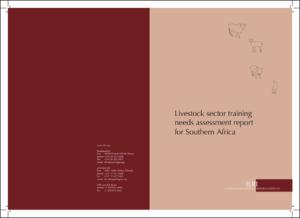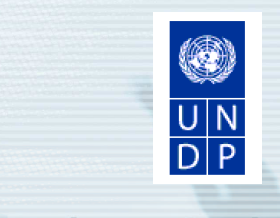Land Reform in the Broader Context of Southern Africa
Contains introduction; global – a new threat to poor people’s land – biofuels, older threats, decentralisation; regional � ten years ago, regional land policy review, 2006-7, donors, governments and civil society, the policy-implementation gap, decentralisation, your research programme – DLRSA; conclusion. Argues that since policy engagement at the national level in the past decade has not brought too many successes, more might be achieved in future at the decentralised local level.









